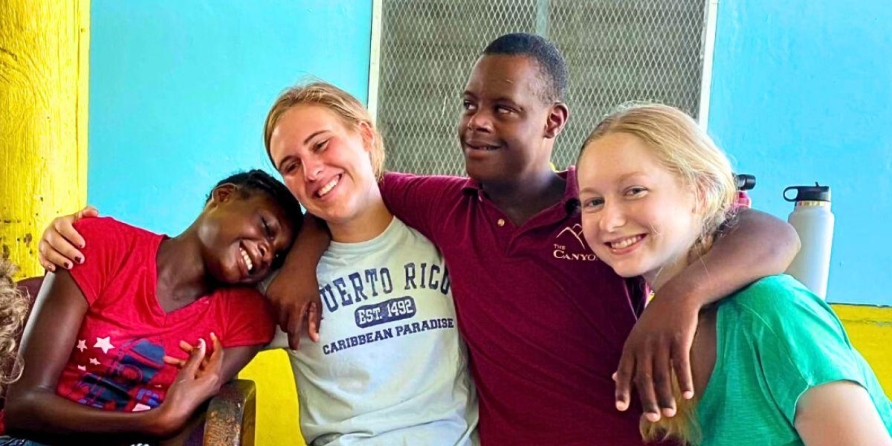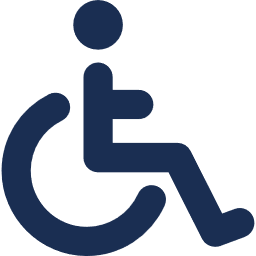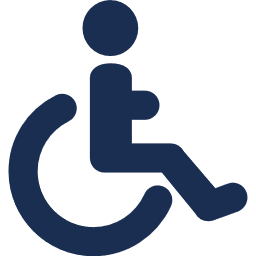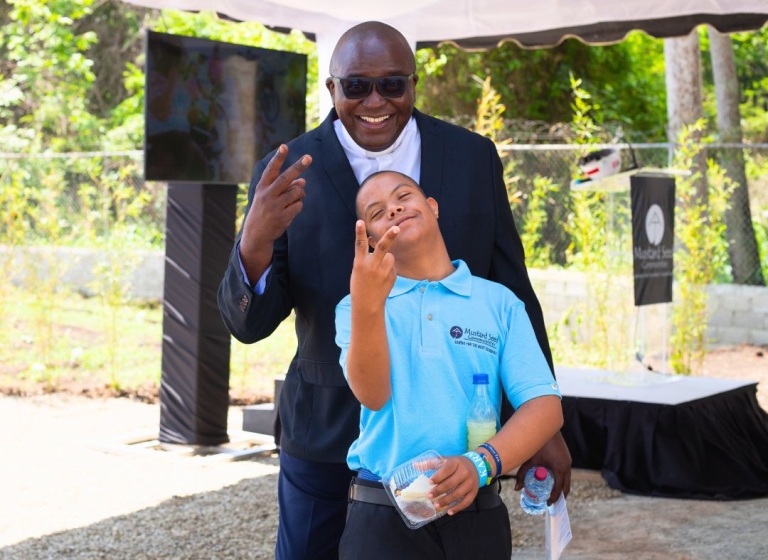October is designated by the National Down Syndrome Society as Down Syndrome Awareness Month. Its goal is to “raise awareness and celebrate the many abilities of our loved ones with Down syndrome… [and] seeks to break down barriers and focus on promoting advocacy for people with Down syndrome.”
At Mustard Seed Communities, we recognize and uplift the dignity of every human person, because each individual is an invaluable presence in our world.
Of the hundreds of children and adults with disabilities living in the care of MSC, dozens live with Down syndrome. While society sometimes abandons individuals with disabilities due to lack of medical care and shelter, MSC’s mission is to empower everyone as they are – unique, loveable, and invaluable.
Individuals with Down syndrome have dreams and goals just like everybody else, and aspire to live to their fullest potential. That’s why, at MSC, we extend a welcoming hand to individuals on society’s margins who are in need of medical care, shelter, education, and a community of love.
We believe learning about the experiences impacting others’ lives helps us to love one another more. It’s with that spirit of learning and inclusivity that we share what we know about Down syndrome – what it is, how it affects lives, and how visitors to MSC apostolates can interact with residents living with Down syndrome with the respect and dignity we all deserve.

What is Down syndrome?
Down syndrome is a developmental disorder where a difference in cell division results in a third copy of Chromosome 21, which is responsible for the distinctive characteristic features and altered development which occur in people with Down syndrome.
What are some developmental and intellectual symptoms of Down syndrome?
Individuals with Down syndrome are all unique and may possess the condition’s characteristics to different degrees.
The most common manifestations are low muscle tone and loose ligaments which can lead to excessive joint flexibility. The individual may reach developmental milestones like crawling, sitting, and walking later in their lives. Down syndrome may impact vision and auditory tonal processing as well.
What behavioral and communicative differences might there be?
No one personality type can be ascribed to persons with Down syndrome. Every person is unique!
While they may have delayed language and speech development, individuals with Down syndrome often have very strong social skills and non-verbal communication skills.

How should mission volunteers at MSC interact with residents living with Down syndrome?
Our behavior should always emphasize the respect we hold for one another’s dignity – not because of any particular trait or ability, but because of who they are inherently. When we spend time with residents living with Down syndrome, caregivers and experts suggest:
1. When we speak, we should meet them at their level and make eye contact to make sure the individual can really hear you.
2. Use clear, simple words. We should set limits and rules for boundaries and be consistent in following through with what you have said.
3. Be animated when interacting. Being expressive and making gestures goes a long way to engaging others.
4. Be patient. The individual can take their time in responding to you. Just like with any person, respect their space and time.
Most of all, we remember that persons with Down syndrome want to be treated the same way everyone else is treated. These residents can learn, have friends, play sports, have interests and talents, and hold their own beliefs and lived experience. Do not underestimate their abilities.
“Down syndrome does not define us as people,” said David Egan, athlete and advocate for the rights of persons with intellectual disabilities. “It is a condition that makes it harder for us to learn, but with practice and persistence, we are able to contribute to society.” During Down Syndrome Awareness Month and all year long, may we be inspired as we are reminded that Christ’s light shines on every person. Regardless of ability, each person deserves the chance to show the world what he or she can do.
To learn more about Down syndrome, visit the Down Syndrome Resource Foundation.
 Adults with Disabilities
Adults with Disabilities
 Children with Disabilities
Children with Disabilities
